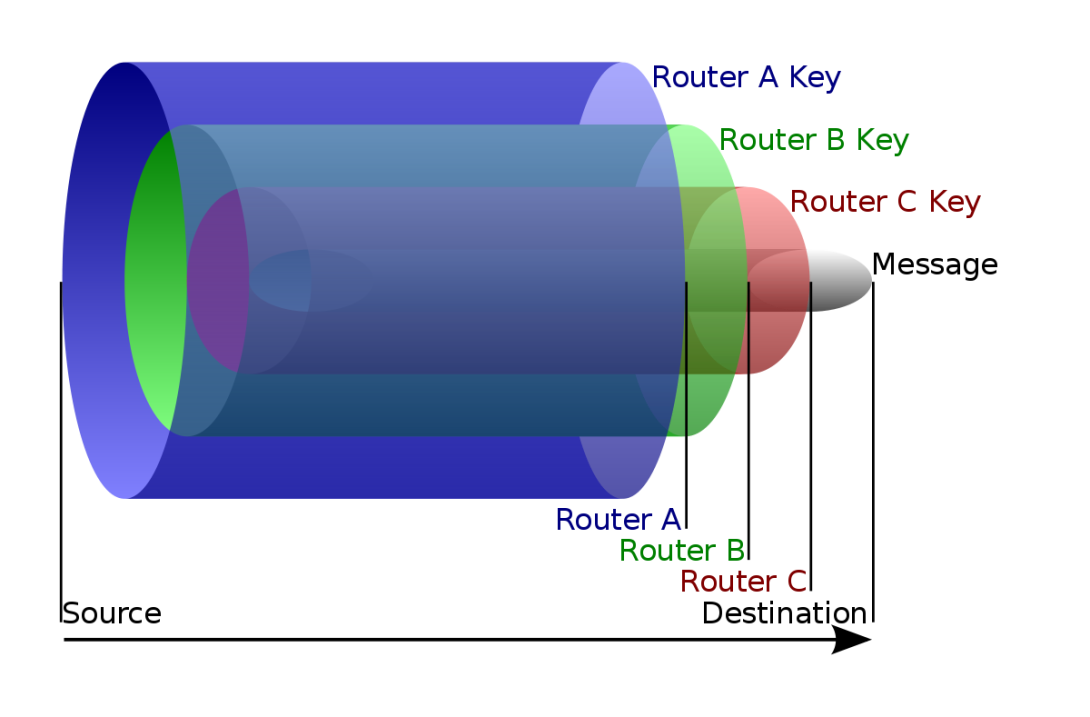Onion routing offers several benefits, particularly in eanhancing privacy and security in internet communication:
Anonymity: Onion routing obscures the origin and destination of internet traffic by encrypting it in layers. Each layer of encryption is peeled away at different nodes in the network, making it difficult for observers to trace the traffic back to its source.
Privacy: By encrypting data in layers, onion routing ensures that no single node in the network knows both the sender and receiver of the data. This protects user privacy by preventing any single entity from monitoring or tracking user activity.
Resistance to Surveillance: Since onion routing encrypts data in multiple layers and routes it through a decentralized network of nodes, it's resistant to surveillance and monitoring by government agencies, ISPs, or other third parties.
Circumvention of Censorship: Onion routing allows users to bypass censorship and access restricted or blocked content by routing their traffic through nodes in different countries where the content is not restricted.
Security: Onion routing adds an extra layer of security to internet communication by encrypting data at multiple points along its path. This helps protect against various forms of cyberattacks, such as man-in-the-middle attacks or eavesdropping.
Traffic Analysis Resistance: Onion routing makes it difficult for adversaries to perform traffic analysis, as the encrypted data appears as a random sequence of packets passing through the network. This helps protect against profiling and other forms of traffic analysis.
Overall, onion routing provides a powerful tool for individuals seeking to protect their privacy and security online, particularly in the face of increasing surveillance and censorship.


Comments